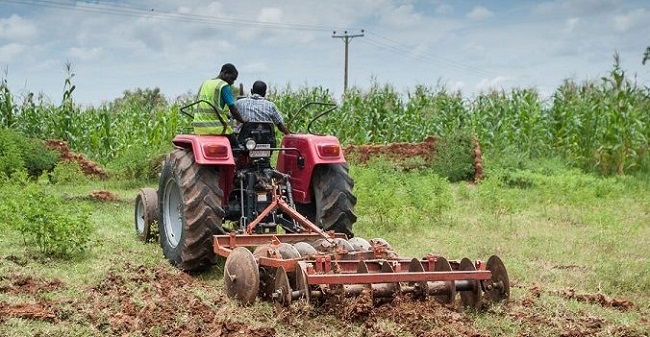The Association of Small-Scale Agro Producers in Nigeria (ASSAPIN) has advocated the full implementation of 10 per cent national budget allocation to the agricultural sector to ensure food security.

Mr Joshua Jonathan, ASSAPIN National President, made the appeal at a two-day interactive forum for budget monitoring groups and stakeholders on the 2022 state and local government budgets in Lafia, Nasarawa State, on Monday, January 3, 2022.
The interactive forum, held in Akwanga and Lafia, was organised by ASSAPIN, in collaboration with the Young Men Christians Association (YMCA) and supported by Oxfam in Nigeria.
Jonathan said the forum is aimed at educating and building the capacity of stakeholders and budget monitoring groups to understand the process of budget in relation to Nasarawa State’s 2022 budget.
“Nigeria is a signatory to the Maputo Declaration on agriculture and food security, which states that 10 per cent of national budget resources should be allocated to agriculture and rural development,’’ he said.
The ASSAPIN president, while analysing the current national, state, and some local government budgets, described allocation to the agriculture sector as grossly inadequate for its transformation at the local level, hence the need to increase funding.
He described agriculture as the largest employer of labour in Nigeria that deserved better funding to attract more investors so as to create employment and ensure food security.
Jonathan appealed to local governments to prioritise capital expenditure which affects citizens directly instead of recurrent expenditure.
“The national budget of N17.1 trillion has not translated well to the agriculture sector, especially the allocation of 1.8 per cent of this budget to the sector when we are talking of replacing oil sector with agriculture, it’s inadequate.
“Over 70 per cent of Nigerians engage in agriculture and many don’t have access to fertilisers and labour-saving equipment. The small holders’ farmers are more vulnerable,’’ he said.
He advised participants to come up with a project plan that would bring development to their respective communities with a view to including such projects in the state and local government budgets.
Aliyu Ibrahim and Esther Rize, who were participants, described the interactive forum as an eye opener.
They pledged to use the knowledge gained to hold leaders in their respective local governments accountable.
The interactive forum was attended by 50 participants drawn from Akwanga, Kokona, Nasarawa Eggon, Lafia, and Obi local government areas of Nasarawa State.
By Oboh Linus
